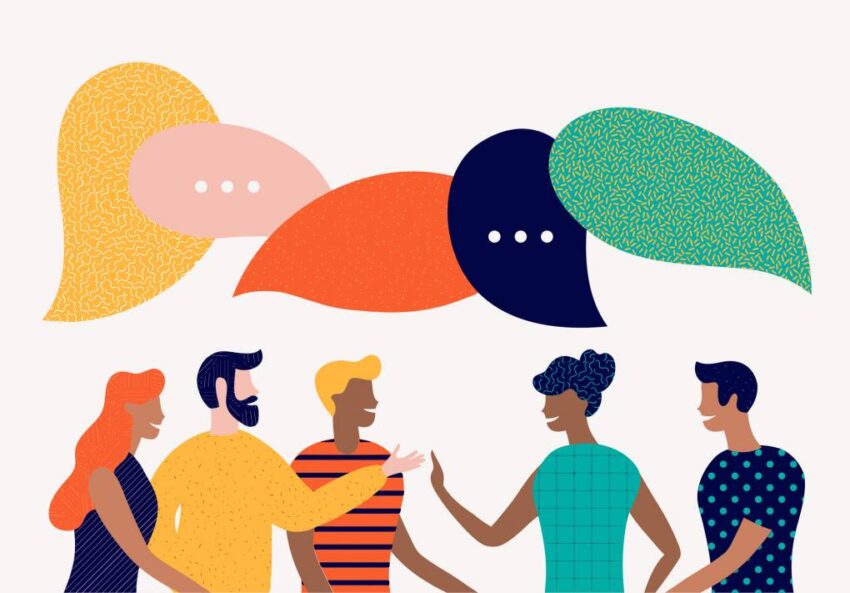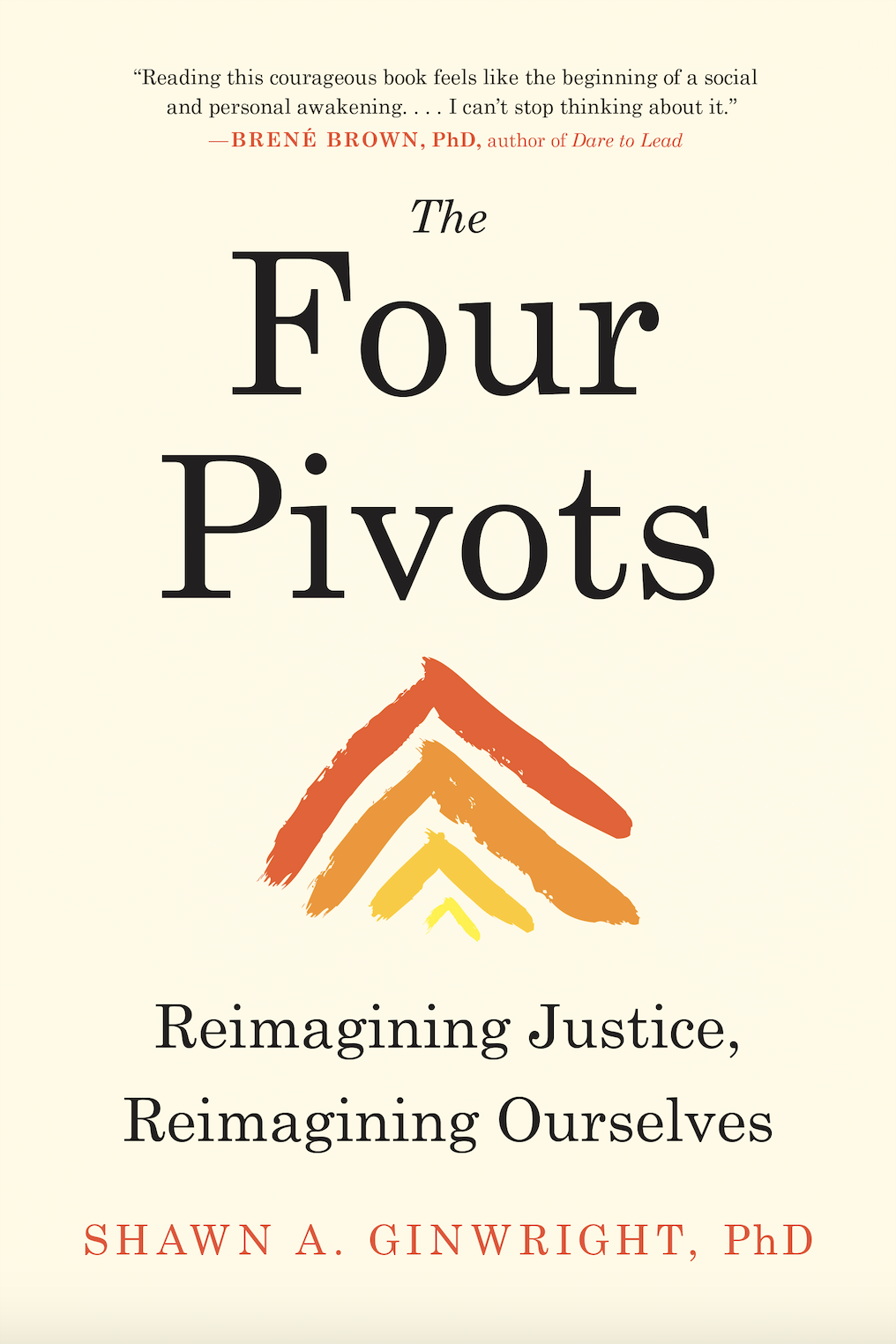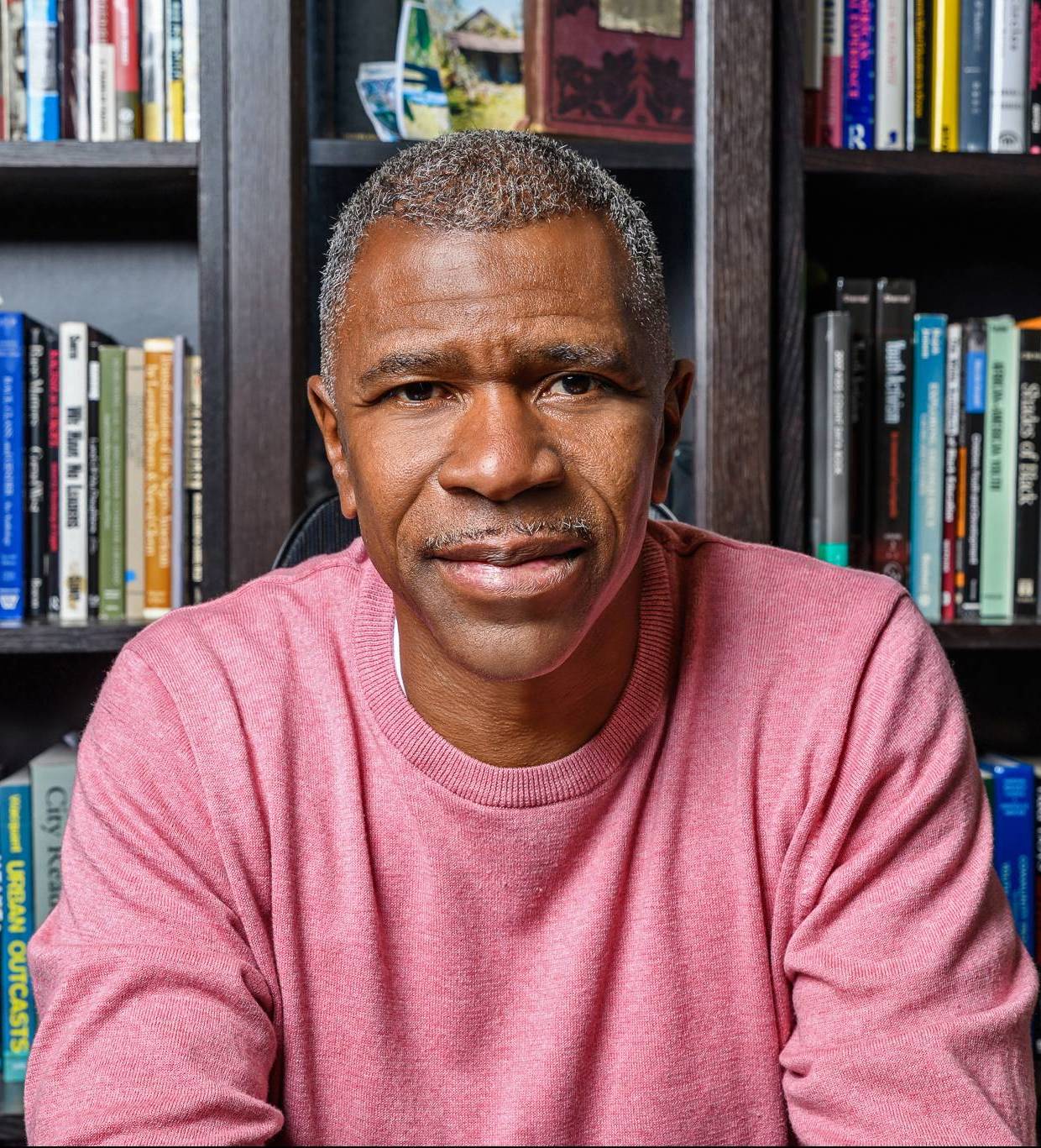
Take as an example my very own coaching as a sociologist. My complete coaching typically targeted on understanding the deep and infrequently hidden social forces at work that keep, reinforce, and reproduce social issues. My very own explicit experience of downside loving is in training. I realized nearly each potential approach to clarify why college students of colour from low-wealth neighborhoods carried out poorly in class in comparison with their white counterparts. I’ve studied theories about why college students of colour carry out worse in class, and I’ve even created my very own theories and have examined them. For years I attended conferences to current my findings about academic issues with out a lot consideration about methods to really clear up them.
I recall conducting a coaching with faculty principals concerning the racial variations in tutorial outcomes amongst their college students. I had ready my PowerPoint with slide after slide of proof that proved there have been dramatic variations in efficiency throughout the racial teams of their faculties. I had them escape in small teams to debate the tons of information that I had proudly offered. After they returned to the big group, one of many principals requested me a easy query. “Are you able to present us with some options to those racial disparities in tutorial outcomes?” I had satisfied myself that my job was merely for instance the issue they’d within the district; I hadn’t thought-about the opportunity of offering options. So the query puzzled me, as a result of my assumption was that when they understood how vital the racial disparities have been of their faculties, the principals and academics would give you options on their very own. I used to be improper.
Oppression Is the Root of Drawback Loving
The issue with downside loving is that we grow to be glad with discussing the issue and uncomfortable with imagining options. That is in fact by design, and it’s how oppression works! The circumstances of oppression and the challenges of on a regular basis life power us into day by day survival mode and ongoing disaster administration.
 Survival attributable to oppressive circumstances renders our creativeness inert. We’re all in an abusive relationship with oppression, and moderately than leaving the connection altogether, we select to struggle it. Oppression says to us, “All you are able to do is resist and struggle me. However you’ll by no means go away me altogether,” and that is exactly what we unconsciously do, unaware of our abusive relationship with oppression.
Survival attributable to oppressive circumstances renders our creativeness inert. We’re all in an abusive relationship with oppression, and moderately than leaving the connection altogether, we select to struggle it. Oppression says to us, “All you are able to do is resist and struggle me. However you’ll by no means go away me altogether,” and that is exactly what we unconsciously do, unaware of our abusive relationship with oppression.
Oppression has compelled us to solely clear up issues, locking us right into a mind-set that retains us in the identical predicament. No elementary change has ever come from downside fixing. We solely reform and restore techniques, establishments, and social relationships. There is no such thing as a radical transformation.
Throughout one among my graduate seminars years in the past, I highlighted this level to my college students. I needed to push them away from downside loving and into chance creating. A lot of them have been organizers or group activists who have been engaged on vital points within the San Francisco Bay Space. Some have been advocates for reasonably priced housing, others have been organizing homeless households, nonetheless others have been serving to to construct stronger police accountability with moms whose kids had been killed by the police. As I defined to them the issue with issues, a few of them pushed again, as I at all times encourage my college students to do. They argued that in the event that they didn’t struggle for individuals’s rights and construct energy, there wouldn’t be any vital change. Combating and resisting oppression for them was the one software to carry the adjustments that they needed to see. So I requested them to write down a brief one-page paper describing the issue they have been addressing and the way they have been making an attempt to handle it. Here’s a pattern of what they mentioned:
- Combating for police accountability in San Francisco’s police division
- Resisting racist housing insurance policies that power Black households from the town
- Confronting homophobia in faculties
- Demanding anti-racist school rooms
- Struggling for environmental justice
I defined that our language typically holds clues to our downside loving. I seen a sample within the phrases they used to explain their work. Most of their phrases straight responded to the situation they needed to alter. Phrases like struggle, resist, battle, confront, defend are linked to oppression, and so they predefine the end result of labor in ways in which fail to affirm what the scholars needed to create or think about. Subsequent I requested them to rewrite the one-page description of their work, however they might not use any of the next phrases within the left-hand column, solely the phrases within the right-hand column:
| Resist | Reimagine |
| Defend | Dream |
| Disrupt | Uncover |
| Demand | Create |
| Struggle | Design |
| Wrestle | Play |
| Confront | Invent |
| Destroy | Visualize |
| Deconstruct | Construct |
The project was designed to push them into their creativeness and use the language that affirmed it. They informed me it was one of the crucial troublesome assignments they’d ever had as a result of they needed to actually think about what they needed to see moderately than articulate what they needed to get rid of. They weren’t used to utilizing their creativeness to handle injustice, oppression, and inequality. Actually, the historian Robin Kelley reminds us in his e-book Freedom Desires that creativeness could also be one among “essentially the most revolutionary concepts accessible to us, and but… we now have failed miserably to grapple with [its] political and analytical significance.” For this reason we have to be very cautious within the phrases we use to explain our work. If we’re not considerate about our phrases, our work is confined and prescribed and fails to make use of our human situation to dream and picture past oppression.
I believe it was Dr. Cornel West who mentioned that there isn’t a affirmation via negation. We will by no means obtain what we wish just by mentioning what we don’t. For this reason I’m cautious concerning the time period anti-racist. We needs to be conscious and keep away from defining the world we wish by articulating what we don’t need. The absence of violence doesn’t represent peace, nor does the absence of sickness represent well being. Peace is one thing fully totally different from anti-violence; well being and well-being can’t be adequately described as anti-illness. Gentle is just not anti-dark, neither is water anti-land. These are vital issues in and of themselves.
That’s why anti-racist is akin to saying, “I anti-hate you a lot, would you marry me?” moderately than, “I really like you, let’s get married.” Love is just not merely anti-hate, and nobody would enter a relationship outlined on this method! In the identical method, the time period anti-racist merely falls wanting naming exactly and affirmatively what we actually need. The time period anti-racist does a superb job of articulating an lively and engaged stance in opposition to racism (versus the passive time period non-racist) however fails to articulate a imaginative and prescient of what comes after that. Being non-racist and anti-racist are two sides of the “not” coin, which by no means will get us to what we actually want and wish, which is belonging.
Belonging maybe comes closest to what comes after anti-racism. john a. powell, director of the College of California’s Othering & Belonging Institute and professor of legislation and African American research and ethnic research, calls belonging “the circle of human concern,” which is the expressive and institutionalized act of inclusion and mattering. Extra importantly, the phrase belonging is a time period of affirmation and an announcement of a possible desired future. Belonging and inclusion extra adequately describe the world we wish to create than the one we wish to destroy. Now, in fact an vital prerequisite for belonging is anti-racism. We’d like of us to have interaction in an ongoing lively stance to get rid of the attitudes, institutional buildings, and privilege that include whiteness. However belonging requires one more step after we tear down the thick partitions of racism. We have to construct new vibrant and good bridges of mattering and belonging the place lastly we are able to benefit from the profound and great area of beloved group.

Source link
















